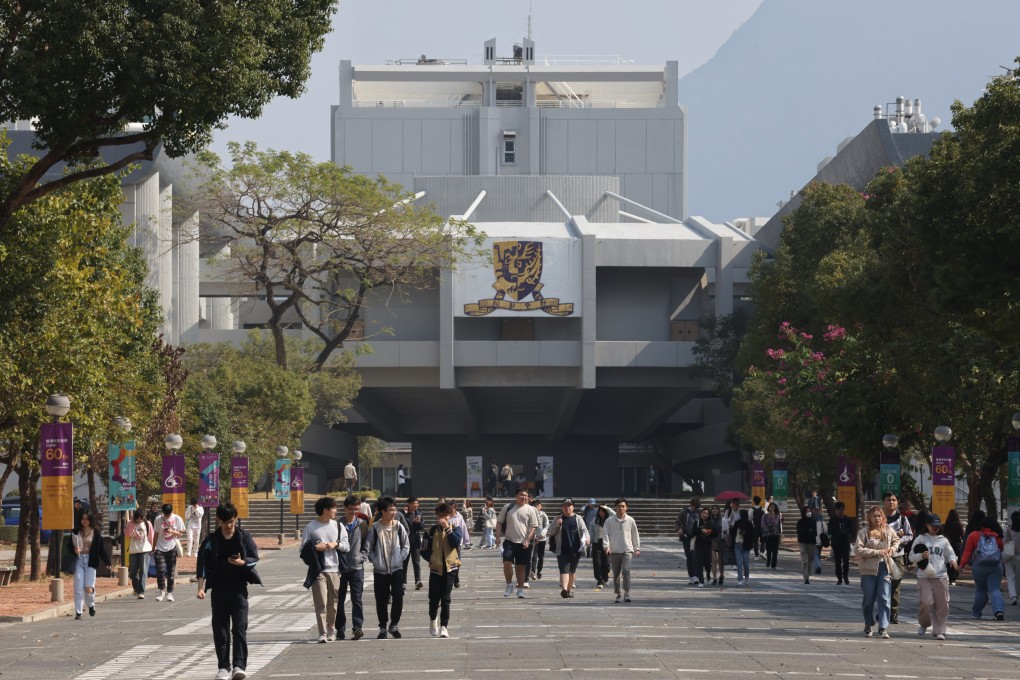Advertisement
Letters | Even with a tuition hike, Hong Kong universities offer great value
- Readers discuss why the city is a near-utopia for prospective undergraduates, the resignation of Hong Kong’s British judges, and a holistic approach to youth mental health
Reading Time:3 minutes
Why you can trust SCMP
1

Feel strongly about these letters, or any other aspects of the news? Share your views by emailing us your Letter to the Editor at letters@scmp.com or filling in this Google form. Submissions should not exceed 400 words, and must include your full name and address, plus a phone number for verification
The government recently announced a three-year plan to progressively raise university tuition fees from HK$42,100 (US$5,393) to HK$49,500, a 17.6 per cent increment.
While most people seem to accept the need for adjustment after a decades-long freeze, views have mainly focused on the question of affordability for students. I wish to offer a different perspective.
Students in Hong Kong are living in a near-utopia in terms of the quality of higher education against the fees they have to pay.
Let’s take the QS World University Rankings 2025 as a basis for comparison. The University of Hong Kong is ranked 17th, behind Cornell University and University College London. After the tuition hike, HKU will be charging HK$49,500 (US$6,340) per year, which is significantly cheaper than Cornell (US$65,204) or UCL (up to £41,000 or US$51,929).
In terms of admission, Diploma of Secondary Education students are in the best position to enrol at HKU. According to the Joint University Programmes Admissions System (Jupas), 89.7 per cent of last year’s applicants were offered spots at their top three choices, which would surely include HKU.
Advertisement